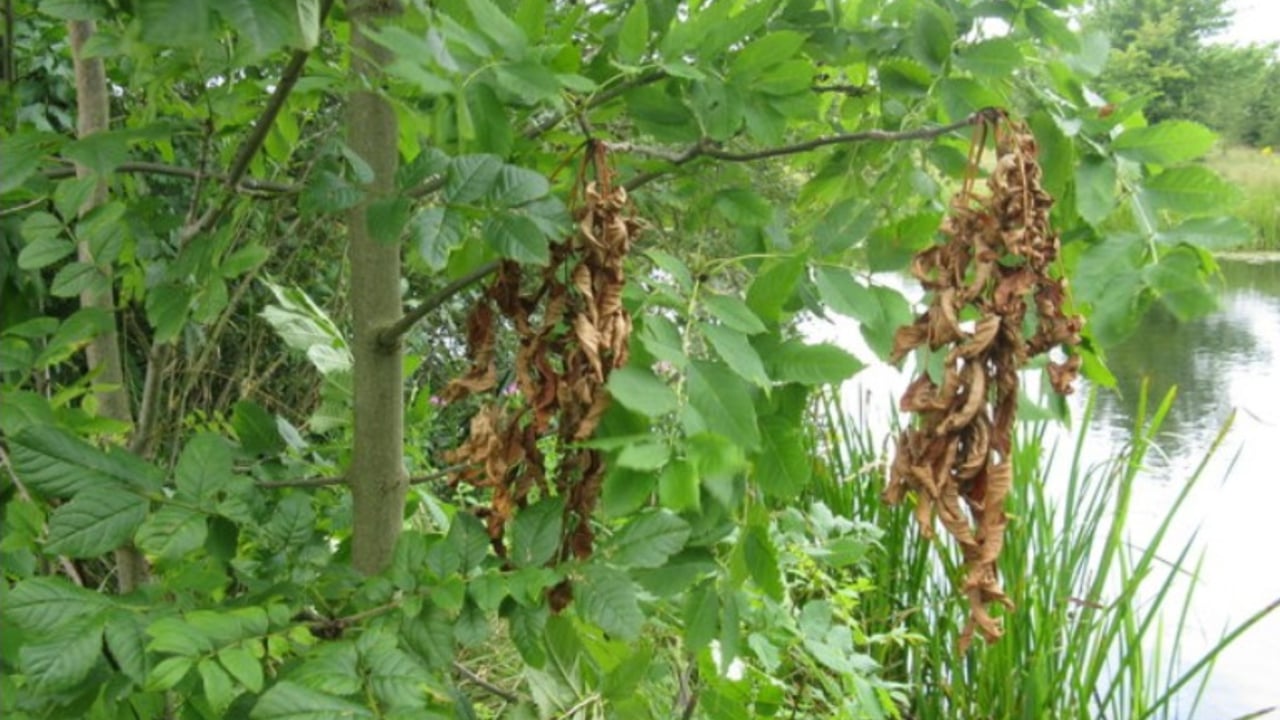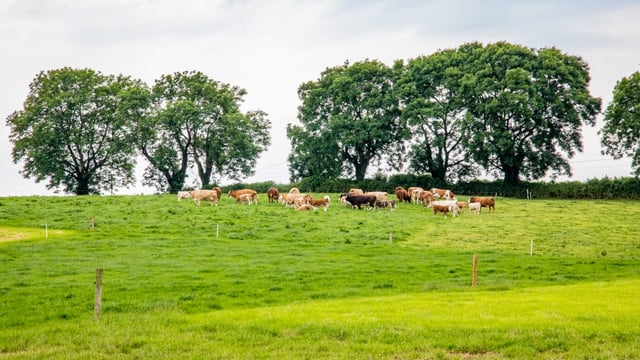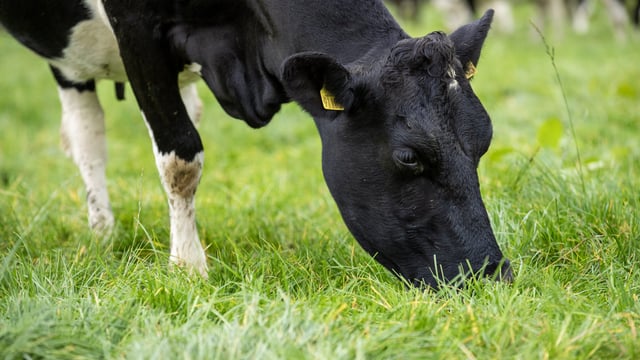Ash dieback: 'If they were livestock farmers, they would be compensated'
In 2012, there were 20,000ac of privately planted ash trees but at least 95% of those trees are now diseased, according to Fianna Fáil TD, Jackie Cahill due to ash dieback.
He has called on the government to provide grants to allow sites to be cleared of these diseased trees, saying that the existing scheme to help farmers must be enhanced.
"If these people were livestock farmers - and we have seen this with pig farmers - who were unfortunate enough to encounter a disease that was entirely outside their control, they would be compensated," Deputy Cahill told the Dáil.
He said he saw no reason why farmers who planted forestry should be treated any differently.
"The advent of this ash dieback disease was completely outside their control. We can get into an argument about what caused the disease to be in this country, but that would not achieve any objective at this stage. However, we can say that the disease came in on imported plants.
He said it would be a significant gesture from the government to show farmers that it is serious about forestry and helping forestry owners.
"I stress that this is the only time I have seen a farming sector, and that is what farm forestry is, afflicted by a disease beyond the control of the people involved in the sector, when the government has not stepped in with some meaningful compensation for them.
Access to the premium over several years would not place a significant immediate burden on the Exchequer and it would be reasonable and fair for those plantation owners if that were to happen. It would be a recognition of the great financial loss they have suffered.
"We have a sector under pressure. It is a sector in which all the stakeholders have, unfortunately, lost confidence. It is also a sector that rural Ireland badly needs, but not only rural Ireland.
He said that this is not just a rural-Ireland issue, however.
"If we are serious about addressing climate change and reducing our emissions, forestry will be the key component that will let us achieve that objective, which will also be environmentally friendly and economically friendly for rural Ireland."





